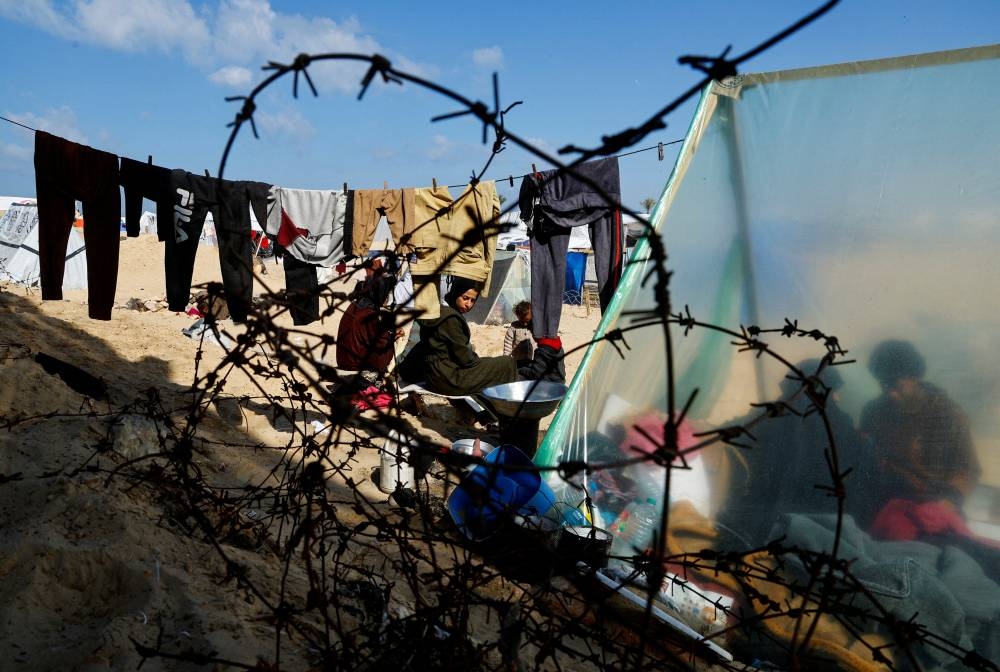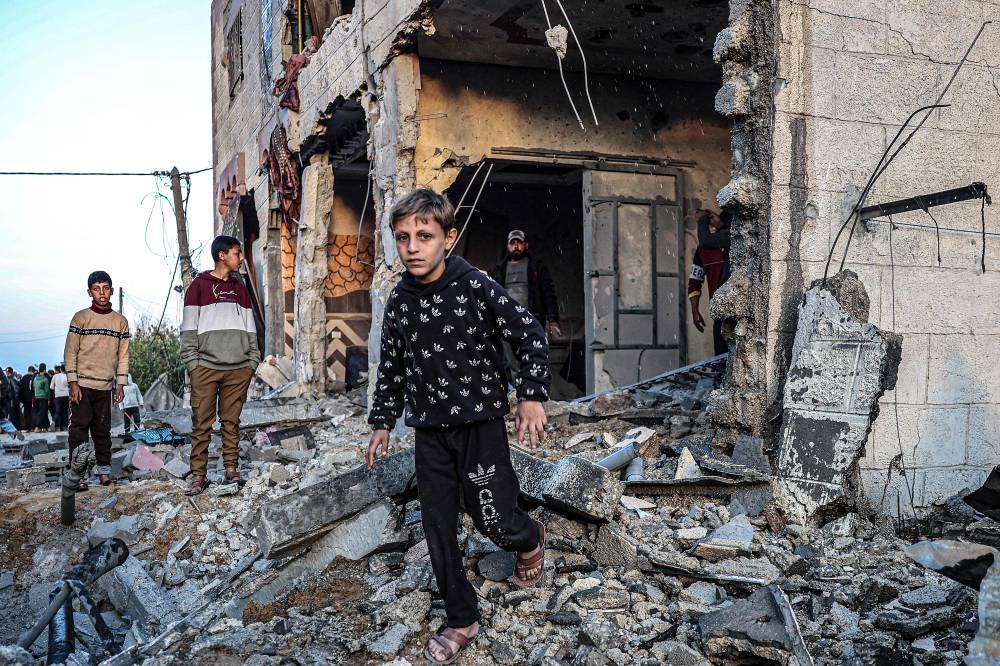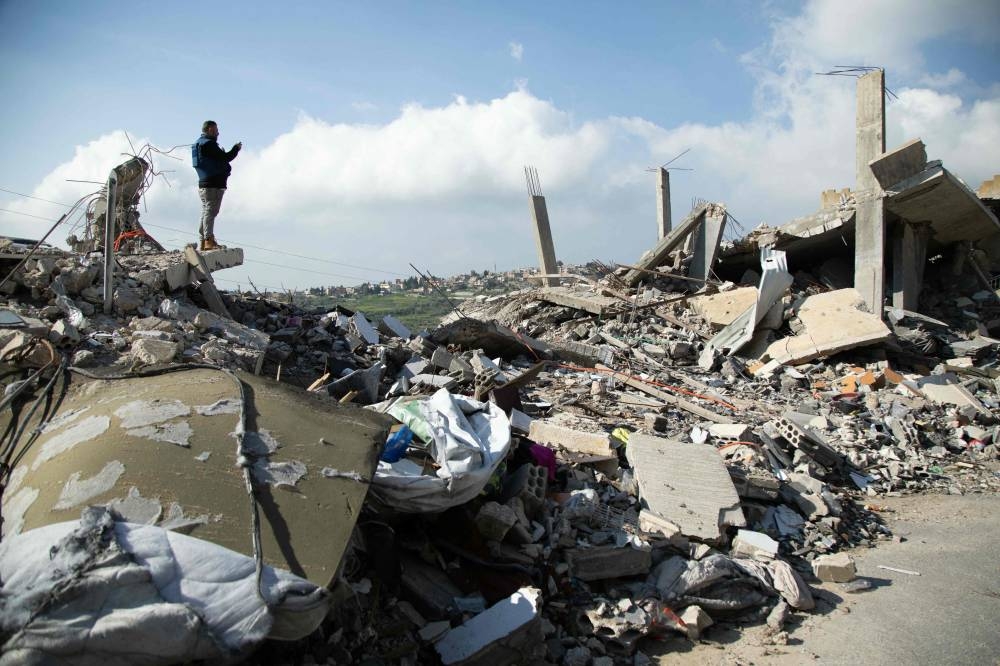Palestinian resistance movement Hamas warned Israel on Sunday that a ground offensive in Rafah, crowded with displaced Gazans, would imperil future hostage releases.
Foreign governments, including Israel's key ally the United States, and aid groups have voiced deep concern over Israeli Prime Minister Benjamin Netanyahu's vow to extend operations into the far-southern Gaza city.
Rafah, on the border with Egypt, has remained the last refuge for Palestinians fleeing Israel's relentless bombardment elsewhere in the Gaza Strip in its four-month war against Hamas.
"Any attack by the occupation army on the city of Rafah would torpedo the exchange negotiations," a Hamas leader told AFP on condition of anonymity.
Netanyahu has told troops to prepare to enter the city which now hosts more than half of Gaza's total population, spurring concern about the impact on displaced civilians.
Some 1.3mn Palestinians have crowded into Rafah, with many living in tents while food, water and medicine are becoming increasingly scarce.
Netanyahu had told US broadcaster ABC News he would provide "safe passage" to civilians wishing to leave.
When pressed about where they could go, Netanyahu said: "You know, the areas that we've cleared north of Rafah, plenty of areas there. But, we are working out a detailed plan."
Mediators held new talks in Cairo for a pause in the fighting and the release of some of the 132 hostages Israel says are still in Gaza, including 29 thought to be dead.
Hamas's military wing yesterday said two hostages had been killed and eight others seriously wounded in Israeli bombardment in recent days.
Israeli strikes have long hit targets in Rafah, and combat seemed intense several kilometres to the north in Khan Younis city.
Israel's military said troops were conducting "targeted raids" in the west of Khan Younis, southern Gaza's main city, while Hamas reported violent clashes and said air strikes also hit Rafah.
Hossam al-Sharqawi of the International Federation of Red Cross and Red Crescent Societies told reporters that "every day our ambulance guys (in Gaza) are martyred or injured".
"This is unacceptable, this madness must stop."
The United Arab Emirates, Qatar, Oman and the Organisation of Islamic Cooperation (OIC) were some of the latest to raise the alarm over the plan for Rafah, Gaza's last major population centre that Israeli troops have yet to enter.
"The OIC strongly warned that the continuation and expansion of the Israeli military aggression is part of rejected attempts to forcibly expel the Palestinian people from their land," the 57-nation Jeddah-based bloc said on social media.
It stressed "that such acts fall under genocide and would lead to a humanitarian catastrophe and collective massacre".
Saudi Arabia and the United Arab Emirates also rejected "forced" displacement of people from Rafah, evoking the trauma of Palestinians' mass exodus and forced displacement around the time of Israel's creation in 1948.

Displaced members of Palestinian Abu Mustafa family, who fled their house due to Israeli strikes, shelter at the border with Egypt, in Rafah on Sunday

People walk through the rubble of a building heavily damaged by Israeli bombardment, in Rafah in the southern Gaza Strip on Sunday

A man inspects the damage due to Israeli strikes on the southern Lebanese village of Houla near the border on Sunday
